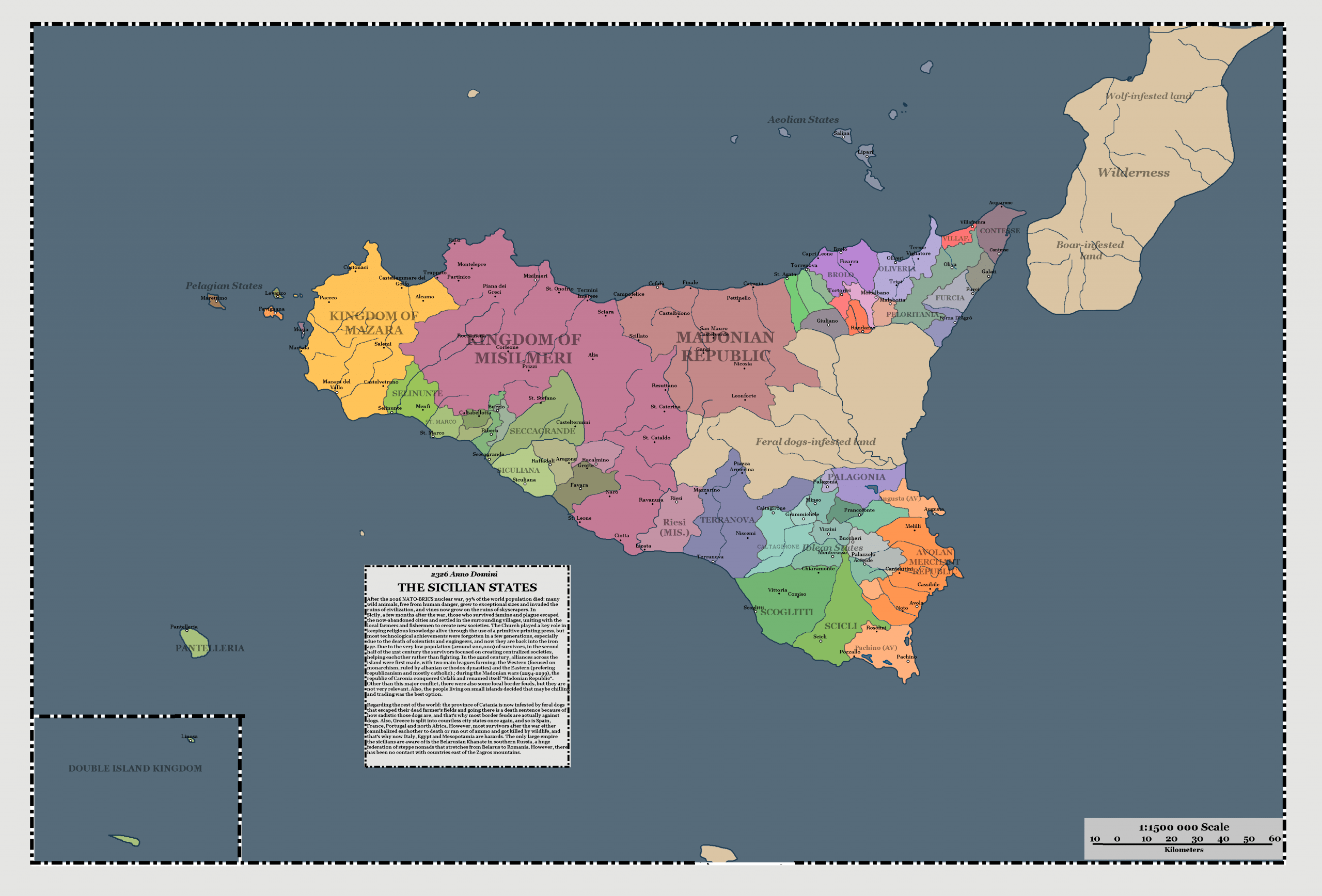Sicily in 2025: Volcanic Tourism and Sustainable Growth Shape Mediterranean’s Largest Island

Sicily’s Volcanic Heart Drives Tourism Renaissance
While Mount Etna’s recent eruption caused temporary disruptions to flights and tourist activities, the volcanic activity has not dampened Sicily’s appeal. The tourism industry, crucial to Sicily’s economy, experienced some short-term impacts, but has shown remarkable resilience.
From September 1st to 14th, 2025, the picturesque Etnean village of Milo is hosting the 45th edition of ViniMilo, a traditional event celebrating Etna wines and Sicilian food excellence. This festival, which attracts thousands of wine lovers, industry professionals, and tourists from around the world, represents more than just a wine festival – it serves as a cultural, economic, and social platform.
Sustainable Development and Economic Growth
The region has witnessed significant growth, with the number of Etna Bianco Superiore Doc producers in Milo rising to 43, representing an 80% increase in vineyard area. The area has also seen a surge in micro-enterprises focused on hospitality and fine dining, indicating a sustainable development model deeply rooted in the region.
Looking ahead, tourism operators are embracing sustainability, with companies like Go-Etna committing to complete CO2-neutrality by 2026. As stated by Salvatore Testa, General Manager of Sicily Action srl, their goal is to offer guests environmentally friendly experiences without leaving a carbon footprint.
Safety and Tourism Infrastructure
Despite recent volcanic activity, visiting Sicily remains safe for the majority of travelers. The volcano’s eruptions are well-understood and managed by local authorities, with most towns near the volcano continuing normal operations. Airports in Catania and Palermo remain open with only minor delays.
As a UNESCO World Heritage Site, Mount Etna offers visitors access to fascinating hiking trails through the Mount Etna Park, where tourists can explore woods, orchards, and lunar landscapes, discovering ancient lava flows, active caves, and steam vents.
Cultural and Economic Impact
Mount Etna’s global renown for its frequent eruptions and varied volcanic behavior continues to draw both tourists and scientists, underlining its significant geological and cultural importance to Sicily. The volcano supports important terrestrial ecosystems including endemic flora and fauna, serving as a natural laboratory for ecological and biological processes, while its diverse volcanic features make it a prime destination for research and education.
